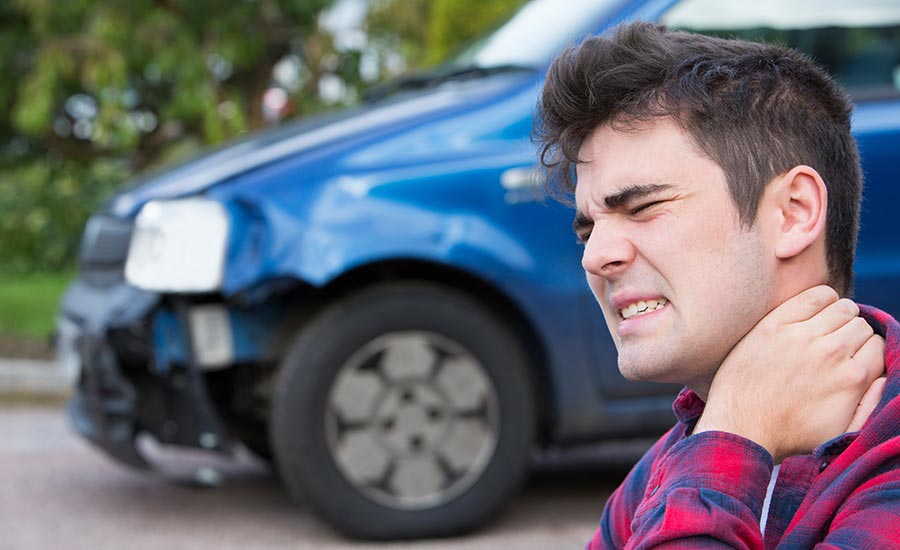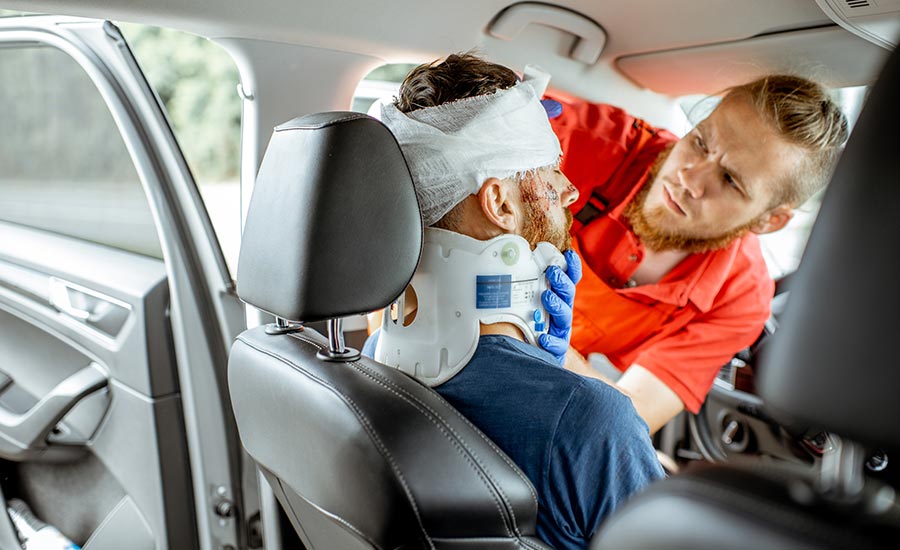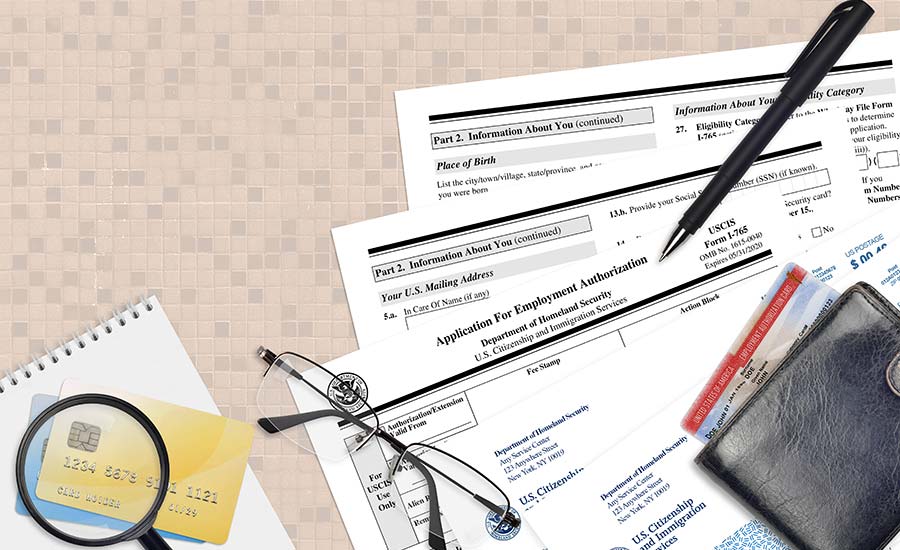

Are you experiencing symptoms after a car accident?
From headaches and back pain to panic attacks and sleep disruptions, the aftermath of a car accident can be serious and often debilitating.
We’ll share the most common immediate and delayed symptoms after a car accident, cover the importance of seeking medical help and explain how to pursue compensation for your injuries with the help of a trusted law firm like Spar & Bernstein.
Immediate Symptoms After A Car Accident
Manifesting within minutes or hours after a car accident, immediate symptoms can be related to a wide range of physical injuries.
Immediate symptoms after a car accident include:
Headaches
Headaches can develop as a result of head trauma or a brain injury. Headaches might occur even if you have not hit your head. For example, if you suffered back and neck injuries, shoulder trauma or spinal cord injuries, the pain can radiate to the head, causing headache symptoms.
Headaches can vary in intensity and frequency. Medical professionals can identify the exact cause through lab tests, computer tomography (CT) scans and neurology examinations.
Neck & Back Pain
Neck and back pain after a car accident can be caused by whiplash, soft tissue injuries, a herniated disc, a pinched nerve, and dislocation or fracture of the vertebrae.
To identify the cause of your neck pain, a healthcare provider will perform a thorough evaluation and order diagnostic tests, such as X-rays or magnetic resonance imaging (MRI)s.
Abdominal Pain
Abdominal pain after a car accident is a concerning symptom that can be caused by various injuries, such as muscle strain, seat belt bruising, internal organ injuries and fractured ribs.
If you are experiencing severe and persistent abdominal pain, accompanied by dizziness, nausea and vomiting, seek immediate medical attention, as this may point to internal injuries that can pose a risk to your life.
Swelling
As a natural response to trauma and inflammation, swelling is the result of the accumulation of fluid and white blood cells at the injury site. Swelling can occur due to fractures, soft tissue injuries, limb dislocation and traumatic brain injuries (TBI).
If you are having difficulty moving a limb or you are experiencing severe swelling, seek medical attention.
Tingling
Often described as a “pin and needles” sensation, tingling after a car accident can be caused by soft tissue injuries, nerve compression, a concussion or a traumatic brain injury.
It’s important to seek medical attention if you are experiencing tingling that is accompanied by other symptoms, such as weakness, difficulty moving or loss of coordination.
Dizziness
A common symptom after whiplash, inner ear injuries, changes in blood pressure or a concussion, dizziness requires a consultation with a medical professional to define the cause or underlying issue.
A medical professional might use various diagnostic methods, such as imaging studies, vestibular tests and hearing tests to find the source of the problem.
If you are experiencing dizziness, make sure to have a friend or family member drive you to your medical appointment, as it is not safe to drive while dizzy.
Stiffness
Indicative of whiplash, bruises, muscle sprains and spinal injuries, stiffness can appear in your neck, back, shoulders or other parts of your body after a car accident. Stiffness as a symptom may be combined with pain and a limited range of motion.
If you see a medical professional for stiffness after a car accident, they will be able to identify the cause of your symptoms and recommend appropriate treatment.
Numbness
Numbness as a symptom can be a sign of serious injuries or neurological problems after a car accident, including nerve compression, a seat belt injury or a dislocation.
Prompt evaluation and treatment play an important role in preventing potential complications and ensuring the best possible outcome for your recovery.
It’s important to note that car accident symptoms may manifest either immediately or with a delayed onset after the accident, based on the injury and underlying condition.
It is also important to note that, although injuries manifest themselves in different ways, in order to pursue compensation, you must have a physical injury.

Delayed Symptoms After A Car Accident
Delayed symptoms after a car accident can occur several days, weeks or even months after the accident.
Delayed symptoms after a car accident include:
Memory Problems
Memory problems, such as difficulty remembering details and concentrating, can be caused by traumatic brain injuries, mental stress or psychological shock.
If you are experiencing memory problems, a healthcare professional can help determine whether your symptoms are related to the collision or are rooted in different health issues using various methods, such as a psychological evaluation and cognitive assessment.
Anxiety & Panic Attacks
Anxiety and panic attacks accompanied by additional symptoms like a rapid heartbeat, trembling, sweating, nausea and shortness of breath, are often the result of emotional trauma after a car accident.
A doctor will identify the type and severity of your anxiety and prescribe medication or recommend therapy to relieve symptoms and promote recovery.
Sleep Disturbances
Sleep disturbances, such as insomnia or disrupted sleep patterns, may develop due to physical pain, emotional distress or anxiety following a car accident.
A medical professional will use a combination of assessments and diagnostic methods to identify the specific sleep disorder (insomnia, sleep apnea or parasomnia, for example) and develop a treatment plan to address the cause and improve sleep quality.
Changes In Appetite
Changes in appetite, such as emotional eating or loss of appetite, can be linked to the stress and emotional impact of a car accident.
The result may be weight gain or loss, nutritional deficiencies, hormonal changes, infections and chronic health issues. It’s important to see a medical professional who will conduct tests, evaluate your condition and take a comprehensive approach to address the issue.
The Importance Of Seeking Medical Help For Car Accident Symptoms
Seeking medical help for car accident symptoms is important for several reasons: to make sure your injuries are properly addressed and treated, to support your long-term well-being and to document your injuries for legal reasons.
Make sure you seek medical help after a car accident to:
- Facilitate early detection and treatment of serious injuries to prevent them from escalating into severe health problems
- Detect hidden injuries, such as internal bleeding or concussions, to make sure they do not develop into life-threatening conditions
- Prevent complications associated with accident-related injuries, such as deformities and infections
- Find pain management strategies to alleviate suffering from physical injuries or emotional trauma, such as medication, steroid injections or physical therapy
- Plan for your recovery to help you regain your physical and emotional well-being
- Gain a diagnosis and treatment plan for psychological trauma, including emotional distress, PTDS and adjustment disorder
- Collect detailed medical documentation to establish a link between the accident and your injuries, and serve as evidence in insurance claims related to the accident
- Find peace of mind, knowing that you have done everything needed to ensure your health and safety after a car accident
Failing to seek medical help for car accident symptoms can pose significant risks to your health.
Delayed treatment can result in chronic pain and complications that may require invasive medical procedures or surgeries.
Additionally, without proper documentation and treatment for your injuries, you may be unable to pursue compensation and your insurance claim might be denied, resulting in a significant financial burden.

How To Pursue Compensation For Car Accident Symptoms
Seeking compensation for car accident symptoms can be a complex process — which is where a knowledgably personal injury attorney comes in.
If you were involved in an accident:
- Gather evidence: Collect photos and videos of your injuries and other accident-related circumstances that might show how your injuries were sustained.
- Seek medical treatment: Visit a hospital to receive prompt medical care. Keep all medical records and treatment plans, as they will be crucial to establishing the extent of your injuries.
- Report the accident: Notify the police and your insurance company about the accident and any damages your vehicle sustained. Inform them you suffered injuries without going into details about your injuries.
- Document everything: Keep a detailed record of all expenses related to the accident, including medical bills, property damage and other costs.
- Schedule an appointment with a lawyer: Partner with an experienced personal injury attorney for legal guidance. An attorney will help you determine fault, identify the types of damages you can pursue, calculate how much your case is worth, negotiate with insurance companies and take your case to trial if necessary.
Are You Experiencing Symptoms After A Car Accident? Contact Spar & Bernstein
If you are experiencing either immediate or delayed symptoms after a car accident, it is time to schedule a consultation with a knowledgeable lawyer.
What does a car accident lawyer do, exactly?
Supporting victims in motor vehicle accidents in New York and New Jersey for 50+ years, our team at The Law Offices of Spar & Bernstein will:
- Investigate the accident, gather evidence and work with accident reconstruction experts to determine who was at fault
- Assess the full extent of your damages, including economic damages (such as medical bills, lost wages or property damage) and non-economic damages (such as emotional distress, pain and suffering, mental anguish, loss of companionship or loss of enjoyment of life)
- Prepare and file a personal injury claim within the state’s legal deadlines
- Negotiate with insurance companies to reach a fair settlement for your injuries
- Provide litigation support and represent you at trial if a settlement is not reached out of court
While you are fully focused on relieving your symptoms after a car accident and restoring your wellbeing, our tenacious attorneys will safeguard your rights and fight to secure the compensation you deserve.





